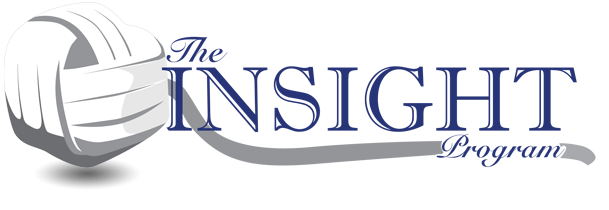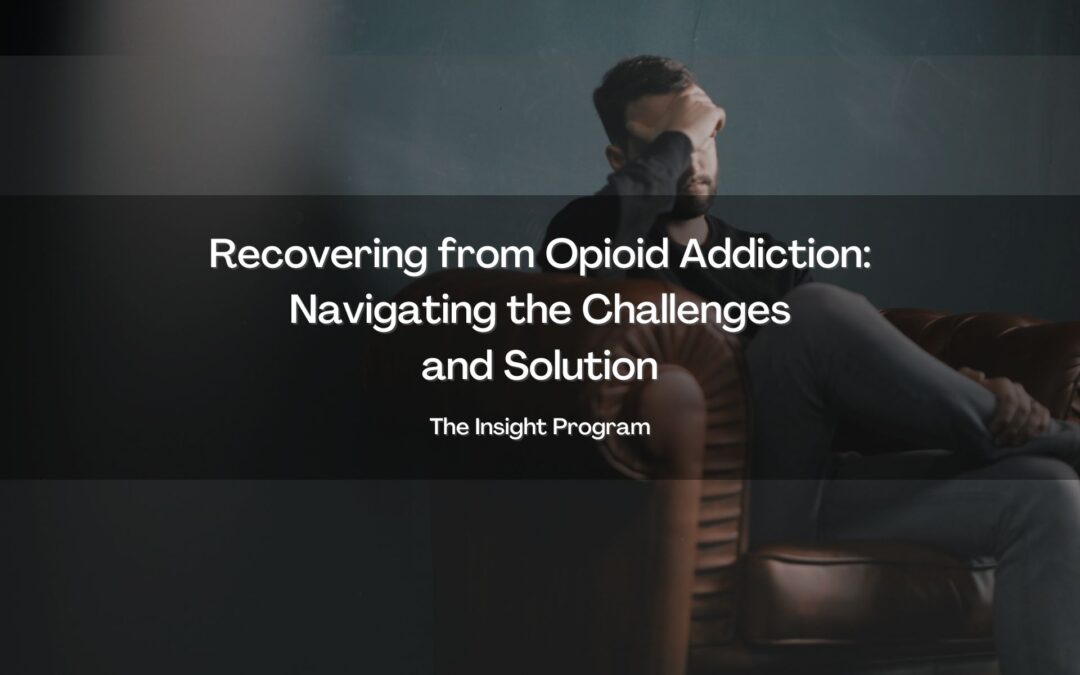Opioid addiction is a pervasive and complex issue affecting millions of people globally. Opioids, which include prescription painkillers and illegal substances like heroin, can lead to physical and psychological dependence. Recovering from opioid addiction is a challenging journey that requires dedication, support, and appropriate strategies. In this blog, we will discuss the challenges individuals face during recovery and explore potential solutions.
Challenges in Opioid Addiction Recovery
1. Physical Dependence: Opioid addiction often begins with prescribed painkillers. Over time, individuals may develop a physical dependence on these substances, leading to withdrawal symptoms such as nausea, sweating, and muscle aches when attempting to quit.
2. Psychological Challenges: Addiction affects not only the body but also the mind. Psychological challenges like cravings, anxiety, depression, and triggers from the environment or social circles can make recovery difficult.
3 Stigma and Shame: Society often stigmatizes addiction, making it challenging for individuals to seek help or share their struggles openly. The fear of being judged can deter individuals from pursuing treatment.
4. Access to Treatment: Many individuals struggling with opioid addiction face barriers in accessing appropriate treatment, whether due to financial constraints, lack of insurance, or limited treatment centers in their area.
Solutions for Opioid Addiction Recovery
Medical Detoxification and Supervised Withdrawal: Undergoing medical detoxification in a supervised facility can help manage withdrawal symptoms safely. Medical professionals can provide medications and monitoring to ease the transition through this crucial phase.
1. Behavioral Therapy: Various forms of behavioral therapy, such as cognitive-behavioral therapy (CBT) and contingency management, can be highly effective. These therapies help individuals identify and modify negative thought patterns and behaviors associated with substance use.
2. Support Groups and Counseling: Joining support groups like Narcotics Anonymous (NA) or seeking individual counseling can provide essential emotional support and guidance. Sharing experiences and learning from others can be empowering during recovery.
3. Medication-Assisted Treatment (MAT): MAT combines medication with behavioral therapy. Medications like methadone, buprenorphine, and naltrexone can help reduce cravings and withdrawal symptoms, making it easier for individuals to focus on recovery.
4. Education and Awareness: Enhancing public awareness about opioid addiction, its consequences, and available treatments is vital. Education can reduce stigma and encourage a more compassionate approach towards those struggling with addiction.
Recovering from opioid addiction is an arduous journey that requires a combination of medical support, therapy, social connections, and determination. Understanding the challenges and seeking appropriate help are crucial steps toward a successful recovery. By fostering a supportive environment and promoting awareness, we can work towards a society where individuals battling opioid addiction can find the help and understanding they need to reclaim their lives.

